Ibn Salul and the Cartoonists by Imam Benjamin Idriz
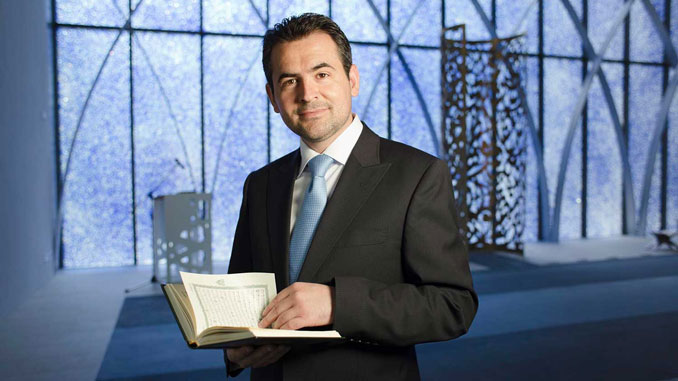
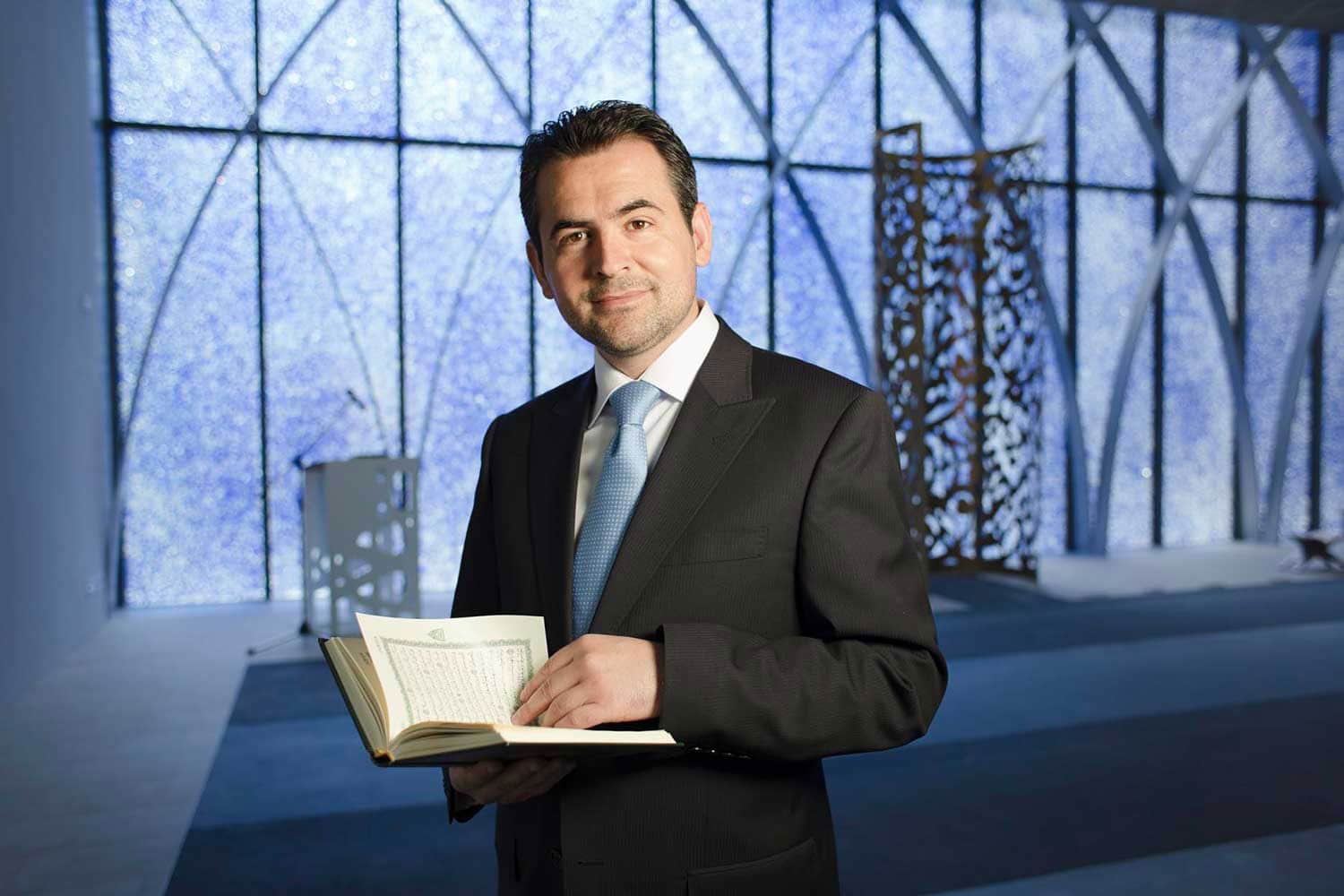
Lela's Preface
I am often asked how I could live in an Islamic country like Oman. Wouldn’t it be difficult for me as a woman there because of religion? Again and again, and I am happy about,I have to explain that in Oman empathy, altruism and respect are the most important values in society. Why is that so? Because of their religion! Oman is a country where it is frowned upon to ask someone about their religion and no distinction is made between the Islamic directions. What counts is the person and his goodness. I am learning a lot about life wisdom here, which the Omani people connect them wonderfully with their modern way of life without having to neglect their faith.
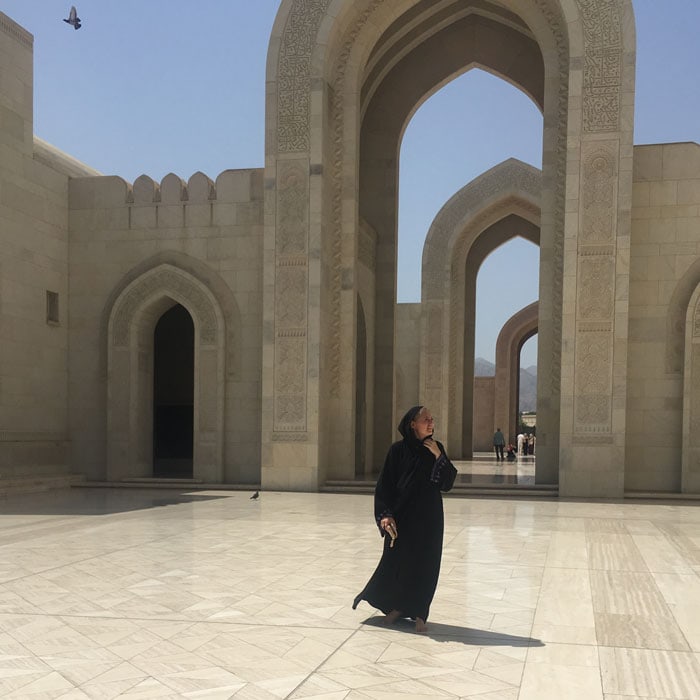
I read this wonderful commentary by Imam Benjamin Idriz. His thoughts on the Mohammed cartoons and the negative events that followed describe the role of Islam as I know it from Oman. With his kind and enthusiastic permission I am allowed to publish it on my website.
His thoughts reflect the wisdom of Islam as I know it from Oman. And it is not a text for the Muslim world community, but the wise words of a man who has the common peace of all of us at heart!
The Commentary of Imam Benjamin Idriz
How should we deal with insult? What does the Koran say and what does the Prophet himself say about it? What must we do to counter this? An answer
Just as everything has its limits, freedom has also its limits – namely, where the right and dignity of others is violated. Our values must be based on a philosophy that respects even the feelings of an individual and even more so those of an entire religious community. Therefore, the Muhammad cartoons and similar insults cannot be justified in terms of freedom of expression. I think so, perhaps many think so, but not all. And everyone does not have to think the same. There are artists who do not necessarily have the intention to insult others through their works of art, which are disgusting to us, and there are those who pursue the goal of driving a wedge between peacefully coexisting societies and mocking the faith of more than a billion people.
The insults can never call into question the Muslims’ love for the Prophet Muhammad. The fact is that these insults have led to some Muslims who have not consciously lived their own religion up to now, but also many non-Muslims, developing more interest and affection for Islam. On the other hand, however, such insults mobilize extremists on both sides, ordinary citizens as well as politicians, who heat up the situation for their ideological and political purposes, damage peaceful coexistence and feed the hatred between societies.
No one has to agree if freedom of expression is to be protected and strengthened by disparaging what means a lot to others. That is one thing. The other is that we Muslims must protect and strengthen democracy and freedom of opinion by advocating respect for the dignity and rights of others. What Muslims find unbearable is when someone becomes a victim of freedom of expression. But aggressive responses to the insults is obviously nonsense. Now the Muslims ask how we should react to the Muhammad cartoons and similar defamations. The answer can be found with God and with the Prophet Muhammad himself. I am trying to develop an answer through this article.
Who is Imam Benjamin Idriz?
Imam Benjamin Idriz was born in 1972 in Skopje/North Macedonia.
He completed his training as Hafiz (honorary title for someone who knows the Koran by heart) with his father Imam Hafiz Idris and his aunt Hafiza Mensura at the age of eleven.

From 1987-1994 he attended an Islamic theological high school in Damascus. His final thesis was on the “Emancipation of Women in the Time of the Prophet”.
1994-1998 he completed a bachelor’s correspondence course at the European Faculty of Islamic Studies in Château-Chinon.
In 2014 he obtained a Master’s degree in Islamic Theology at the Al-Ouzai University in Beirut.
In 2016 he received his doctorate in Islamic Theology from the International University of Novi Pazar (Sandjak, Serbia) with a dissertation entitled “The Horizontal Aspects in Islam”.
Since 2018 he’s member of the Board of the Academy for Islam in Science and Society (AIWG).
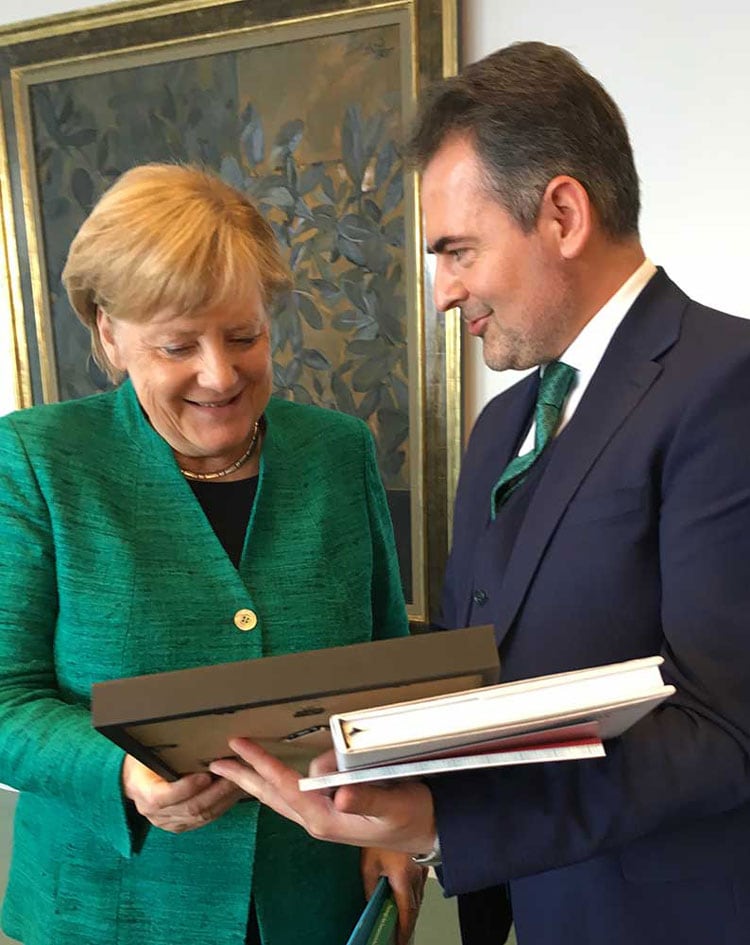
Since 2016 member of the Council of Spokespersons of the “Council of Religions”, Munich.
He speaks German, Turkish, Albanian, Arabic, Bosnian and Macedonian.
Ibn Salul as the prototype of the Muhammad cartoonists
Islamic history books and the Sunna or hadith collections pass on that a man named Abdullah Ibn Salul was a merciless opponent of the Prophet and distinguished himself as the leader of a group that repeatedly attacked and insulted the Prophet. This Ibn Salul is a prototype for all people at all times who, consciously or unconsciously, under the guise of art or freedom of speech, or whatever, “insult” or “humiliate” the Prophet Muhammad.
But can the prophet of God be insulted and humiliated at all?
No! The Prophet Muhammad, as “the best model” (Qur’an 33:21), will be held in the highest esteem by millions of people beyond times and borders, which those who mock him will begrudge him out of incomprehension. The Prophet Muhammad will be praised like no other human being in the Muslim call to prayer every minute of every day, around the clock and around the globe. Such a person can never be humiliated. No mocking level can come near him.
In the discussion with Ibn Salul, the Prophet never felt “offended”, his reaction against him was always calm and level-headed. Al-Buhakri, who is known as the Prophet’s authentic hadith collector and biographer, is said to have once wanted to have a conversation with Ibn Salul in order to make peace with him. He set off with his donkey towards the residence of Ibn Salul. When Ibn Salul saw the Prophet, he insulted him with the words:
إليك عني والله والله لقد لقد آذاني نتنك ونتن حمارك
“Away from me, your stench and the stench of your donkey disturb me”!
When a friend of the Prophet Muhammad heard this, he stood up and wanted to attack Ibn Salul to defend the Prophet. Immediately the Prophet reassured his friend, asking him not to act aggressively, thus preventing a violent confrontation. This did not happen in Mecca, where the Muslims were weak, but in Medina, when the Prophet and the Muslim community were strong.
The Qur’an tells that Ibn Salul went so far in his hatred of the Prophet that he threatened him and his community with “expulsion from Medina” (Qur’an, 63:8), whereupon his friend Omar bin Khattab asked the Prophet for permission to kill Ibn Salul. The historian and Koran commentator Ibn Tabari, in his exegesis of the above verse, proves that the Prophet Muhammad strictly rejected this wish of Ibn Khattab and said:
دَعْه لا يتحدث الناس أن محمداً يقتل أصحابه
“Leave him! I do not want to be remembered as Muhammad who allowed his companion to be killed”.
Mind you, the Prophet called Ibn Salul a “companion/friend“!
The Hadith scholar Al-Bazar has passed down that the son of Ibn Salul accepted Islam and asked the Prophet how he should now deal with his father who was hostile to Muhammad. The Prophet replied:
برّ أباك وأحسن صحبته
“Respect your father and treat him well.”
Remarkable is also an anecdote, which is handed down by Ibn Abbas (the cousin of the prophet and at the same time the oldest exegete of the Koran). When Ibn Salul became ill, the Prophet visited him, and when he died, the Prophet covered him with his shirt and attended his funeral.
We can see from these examples how Prophet Muhammad responded to defamation calmly and confidently despite the harsh and long lasting hostility of Ibn Salul. At no time did he do anything against him.
The wife of the Prophet Aisha reports that some people hostile to him greeted him with the words “Death (Arab. saam) be with you“, whereupon the Prophet countered with “Peace (Arab. salam) be with you“. Angry at their greeting, his wife said to them: “Curse on you“. The Prophet rebuked her:
يا عائشة، عَلَيْكِ بِالرِّفْقِ وَإِيَّاكِ وَالْعُنْفَ وَالْفُحْشَ
“Aisha, don’t talk like that! God loves meekness in all things. Do not react violently and with insults.” (Delivered by Bukhari)
The Prophet’s dealings with Ibn Salul and similar people were always in accordance with his principle:
إنِّي لَمْ أُبْعَثْ لَعَّانًا، وإنَّما بُعِثْتُ رَحْمَةً
“I was not sent down as a curse, but as a mercy.” (Transmitted by Muslim bin Hajjadj).
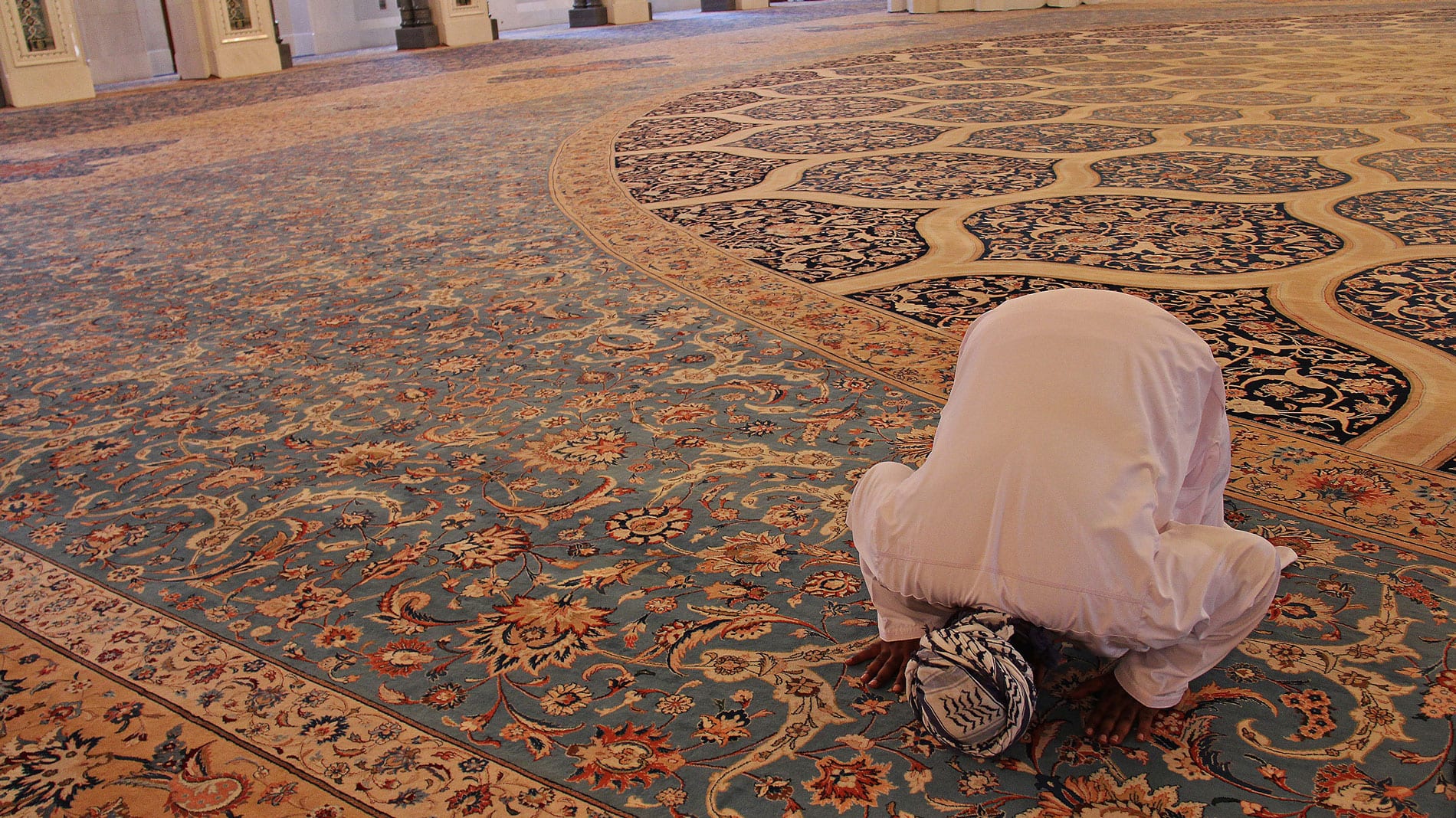
Why did the Prophet react so calmly to hate and ridicule?
The Koran is the guideline for the Prophet and thus also for Muslims. It provides guidance on how a person should behave in situations where mockery is made at the expense of God, the Qur’an, or his Prophet. The Qur’an addresses such cases in several places, and at no point does it permit an aggressive reaction, either in wording or in deed.
Here are some examples and advice from the Koran:
The Qur’an reports that the Prophet Muhammad was repeatedly described as a “madman!“ (see verses 15:6; 26:27; 37:36; 44:14; 51:39; 52:29; 68:2; 68:51 and 81:22) or “a lying sorcerer!“ (38:04) was called. God reminds him that other prophets before him were also mocked:
وَلَقَدِ اسْتُهْزِئَ بِرُسُلٍ مِّن قَبْلِكَ فَحَاقَ بِالَّذِينَ سَخِرُواْ مِنْهُم مَّا كَانُواْ بِهِ يَسْتَهَهْزِؤُونَ
“And indeed, even before thy time prophets have been mocked.” (6:10 also 43:7 and 51:52)
Of course, it is difficult for a person who tries to bring peace and mercy to society (21:107) to bear insults. God describes this human situation, consoles him and gives him orientation:
وَلَقَدْ نَعْلَمُ أَنَّكَ يَضِيقُ صَدْرُكَ بِمَا يَقُولُونَ فَسَبِّحْ بِحَمْدِ رَبِّكَ وَكُن مِّنَ السَّاجِدِينَ
“We well know that your chest is cramped because of the blasphemous things they say: but praise the boundless glory of your Sustainer and glorify Him.“ (15:97-98)
God advises him to demonstrate patience and keep his distance:
وَاصْبِرْ عَلَى مَا يَقُولُونَ وَاهْجُرْهُمْ هَجْرًا جَمِيلا
“Bear with patience whatever people may say against you, and avoid them with proper avoidance.” (73:10)
As a step beyond patience, he is advised to ward off evil with good:
ادْفَعْ بِالَّتِي هِيَ أَحْسَنُ السَّيِّئَةَ نَحْنُ أَعْلَمُ بِمَا يَصِفُونَ
“But whatever they may say or do, ward off the evil they commit with something better.” (23:96)
Why? Because we are commissioned by God to change “enemies” into “friends“!
This can only succeed if we respond with something better:
وَلَا تَسْتَوِي الْحَسَنَةُ وَلَا السَّيِّئَةُ ادْفَعْ بِالَّتِي هِيَ أَحْسَنُ فَإِذَا الَّذِي بَيْنَكَ وَبَيْنَهُ عَدَاوَةٌ كَأَنَّهُ وَلِيٌّ حَمِيمٌ
“The good and the bad deed are not equal to each other. Respond with something better! And if there is enmity between you and him, let it be as if he were a close friend!” (Koran: 41:34)
Even when people mock God/Allah or the Qur’an, the Qur’an recommends that you keep your distance:
وَإِذَا رَأَيْتَ الَّذِينَ يَخُوضُونَ فِي آيَاتِنَا فَأَعْرِضْ عَنْهُمْ حَتَّى يَخُوضُواْ فِي حَدِيثٍ غَيْرِهِ
“When you meet those who talk about Our messages, turn your back on them until they begin to talk about other things.” (6:68)
Distance, then, until they find another, better subject. God forbids us to revile people who have a different understanding of God than we do (6:108). But if distance is not taken from people who mock God or the prophet, and if instead the same methods or even violence are used in response, then this leads to a situation in which both those who mock and those who let themselves be provoked are on the same level. God warns:
وَقَدْ نَزَّلَ عَلَيْكُمْ فِي الْكِتَابِ أَنْ إِذَا سَمِعْتُمْ آيَاتِ اللَّهِ يُكْفَرُ بِهَا وَيُسْتَهَأْزُ بِهَا فَلاَ تَقْعُدُواْ مَعَهُمْ حَتَّى يَخُوضُواْ فِي حَدِيثٍ غَيْرِهِ إِنَّكُمْ إِذًا مِّثْلُهُمْ
“He has commanded you in this divine scripture that whenever you hear people deny the truth of God’s messages and mock them, you should avoid their company until they begin to speak of other things – otherwise you will truly become like them!“ (4:140).
All these Qur’anic verses and the Prophet’s attitudes show that God and His Messenger are against any kind of aggression and violence when others make fun of our religious symbols. Those who use violence and those who show sympathy with the perpetrators of violence, but also those who are silent about it, are the ones who actually harm Islam more. They do not contribute to it, but directly or indirectly prevent us from correctly representing our merciful prophet. As long as such people pretend to act in the name of Islam, true Muslims will be outraged and will loudly and clearly make public their opposition to those who damage Islam from within. For if they do not do so, they themselves will silently insult the Prophet.
So what to do?
- The love for God and His Messenger should be expressed only through more humility, mercy, patience and good deeds in our hearts and in our actions! The more we demonstrate love and meekness, the more we act in the spirit of the prophet. Each one of us should be a “living Muhammad” who, in his actions and deeds, leaves traces of mercy on earth.
- Never tire of emphasizing the values of freedom of expression and that we condemn violence without any ifs and buts. At the same time make it clear: Yes to humor, jokes and art, but the insult of sacred symbols cannot be accepted, no matter what religion it is.
- In history, religion and art have always been brothers and sisters, but both, instigated by Muhammad cartoons, have become so alienated from each other that both suffer from it. What is needed is to reconcile art and religion. Here, Muslim artists living in Europe are called upon to bring their art to the stage and demonstrate the beauty of art. In the time of the Prophet Muhammad, it was non-Muslim artists or poets, of all people, who mocked the Prophet. The companion of the Prophet and the first Muslim poet Hassan Ibn Thabit played a decisive role in presenting the human qualities of the Prophet Muhammad within the art world. Analogous to Hassan Ibn Thabit, the Muslim poets, poets, painters, musicians, in short, artists are supposed to translate the gracious face of the Prophet into art language.
- Imams and theologians, but also other Muslims, are called upon to write texts and books or send video messages in the respective languages of the countries, in Germany in German, in France in French, in which we reproduce and present the mercy of the Prophet Muhammad. He was sent as “mercy and grace for all worlds”, that is, for all peoples, as the Koran says (21:107). However, many Muslims claimed him only for themselves and locked him up in the ghetto of their own circles!
- With the cartoon controversy the caricaturists have achieved what we did not manage to do, namely to bring the Prophet Muhammad onto the world scene. Now we are challenged and asked to present the Prophet in the best possible way on the world stage. He has to get out of our Muslim houses and mosques into the public, he has to be where the people are, in libraries, schools, universities, parliaments, media, museums, theaters… Are we ready to provide positive and qualitative offers? If not, then why complain?! If so, then from today on! Today is his birthday, peace be upon him and upon peace-loving people!
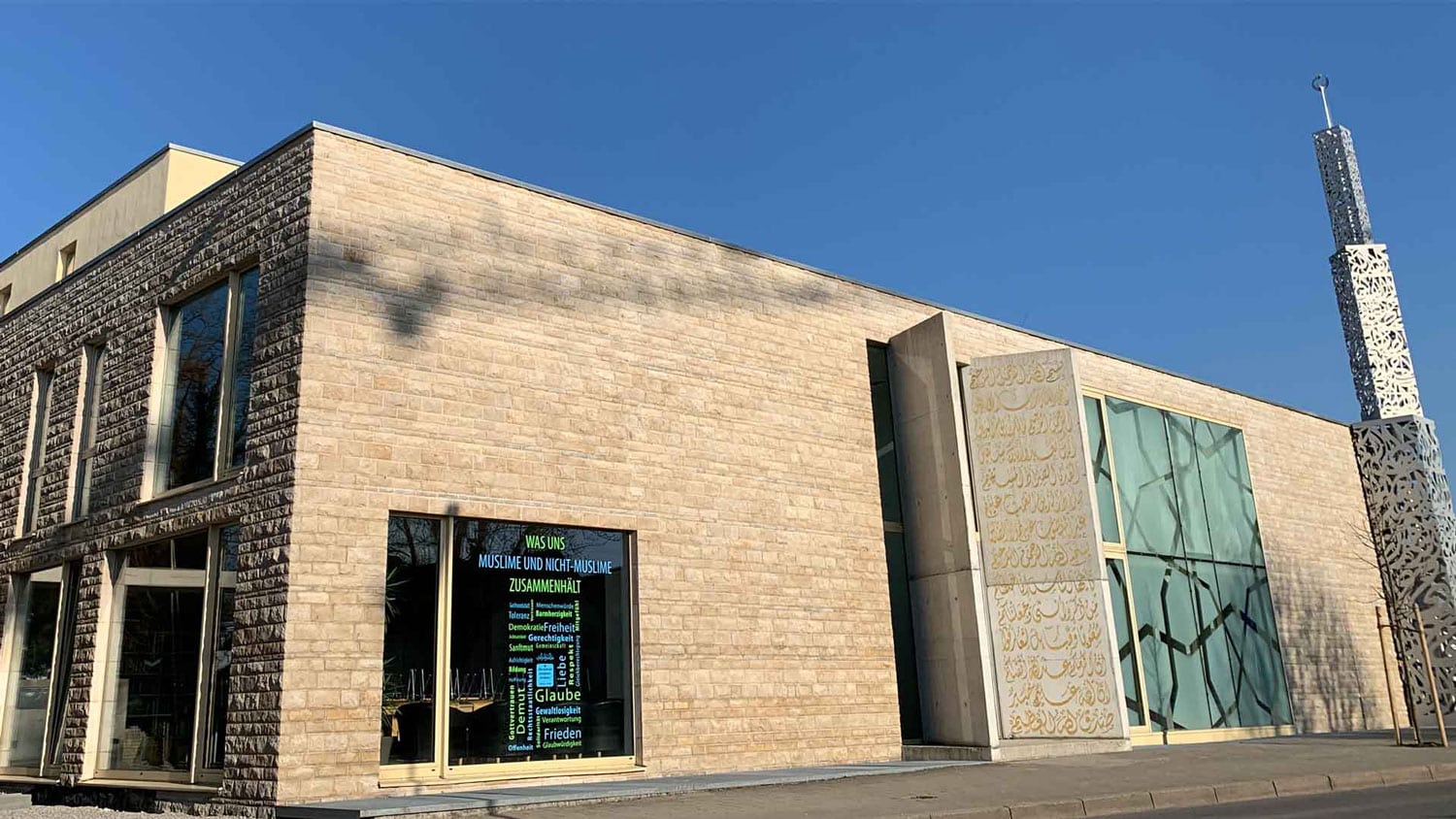
This commentary was originally published in German language by the islamic community of Penzberg.
On the traces of wafting incense clouds – impressive round trips through traditional Oman
Since Oman is far too unique, diverse and fabulously enchanting to commit exclusively to certain regions or activities, an individual round trip by rental car is your ultimate for a 360° cross-section of the country. Of course you can also book organized tours, but with your own vehicle you are a thousand times more individual…
Smart travel to Oman – best time to travel
As multifaceted as the spectrum of scenic attractions in Oman is, as different are the intentions behind a trip to Oman. While many a traveler longs for a sandy, sun-baked body on a beach vacation, hiking enthusiasts can’t wait to swell their calf muscles. Therefore, to find the best time to travel in Oman for…
My favorite 14 hotels in Oman you should know!
When it comes to hotels, Oman has a lot to offer! I would like to introduce you to my absolute favorites. From the exquisite five-star hotel to the simple place to stay, everything is there.




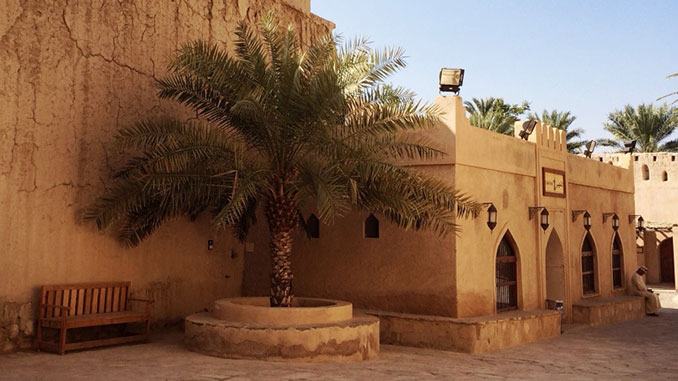
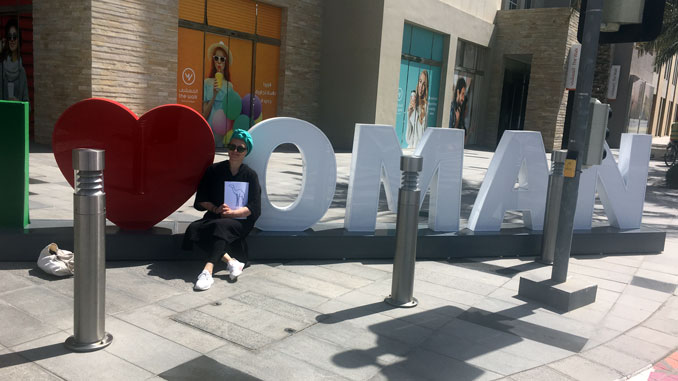
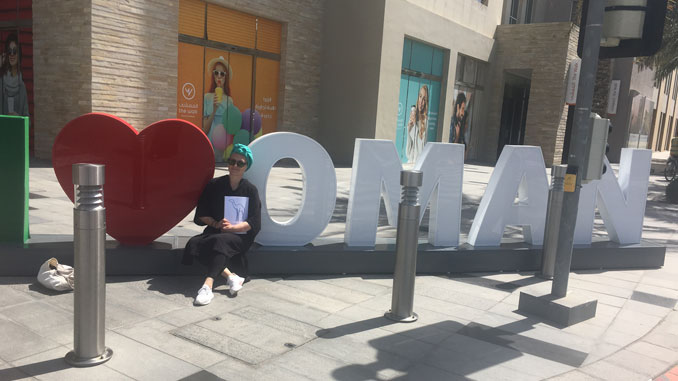

Splendid Article was full of evidence.
One of the manifestations of tolerance in Islam is brotherhood and love that binds Muslims, cooperation and support in the gates of righteousness and piety, and solidarity between members of society as the weak is strengthened with the strong, and this also includes promotion and purification so that the society is clean, and justice appears in dealing between people in all aspects of life.
Thank you very much.